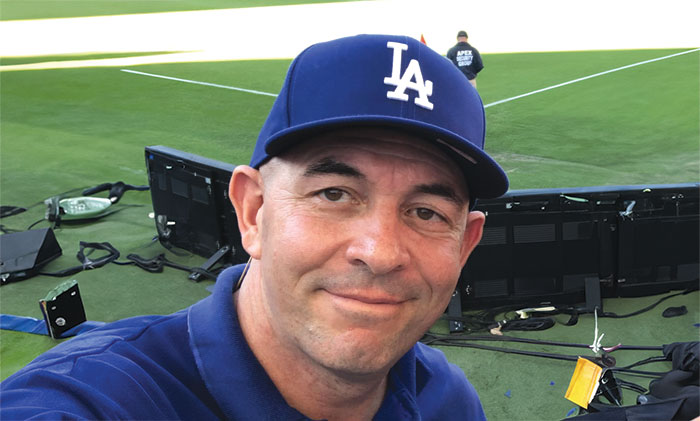The case of Ahmadullah Niazi, an Irvine man arrested last week for allegedly lying on his citizen and passport docs about terrorist ties, has been getting plenty of attention. But less discussed is the anti-terrorism strategy that led to Niazi’s arrest.
In 2007, Niazi contacted the FBI about a new convert at his mosque who was radicalizing fast. Turned out the jihadi hopeful was actually an FBI informant who had joined several Orange County mosques:
An FBI agent interviewed Niazi in June 2007 and again in April 2008. Niazi met with Muslim advocates after the second interview and told them the agency had threatened to make his life a “living hell” if he did not become an informant, said Hussam Ayloush, executive director of the Council on American-Islamic Relations.
“He was in tears, crying. He said, ‘I came to this country to be free, to be a human being and now I’m being asked to be a spy,” Ayloush said after the hearing.
The convert, whose behavior earned him a restraining order from the mosque, which I blogged about that July, was Craig Montielh. He filed court documents yesterday admitting that he was the FBI’s man in Irvine. But, according to the LA Times, he claims that Niazi is not so innocent:
Monteilh said in interviews that he had alerted the FBI to Niazi after meeting him at the Islamic Center of Irvine in November 2006 and spending eight months with him. Monteilh said he called himself Farouk Al-Aziz and posed as a Syrian-French American in search of his Islamic roots. Monteilh told the FBI that Niazi befriended him and began to lecture him about jihad, gave him lessons in bomb-making and discussed plots to blow up Orange County landmarks.
“He took me under his wing and began to radicalize me,” Monteilh said.
The FBI declined to comment on Monteilh’s allegations, which could not be independently verified. Niazi’s attorney, deputy federal public defender Chase Scolnick, also declined to comment.
Whether Niazi is innocent or guilty will take some time to sort out—and we may never really know. But the interesting question, to me, regards the appropriateness of law enforcement infiltrating religious organizations. This is what led LAPD to close Temple 420. And, despite what Muslim advocates are saying, it doesn’t only occur in mosques and isn’t simply racial profiling, though I’m sure some is involved.
The question is whether law enforcement should be allowed to invade sacred space in the name of public safety. And if so, are my prayer requests going to make it into a report somewhere?
Thoughts?






















 More news and opinions than at a Shabbat dinner, right in your inbox.
More news and opinions than at a Shabbat dinner, right in your inbox.